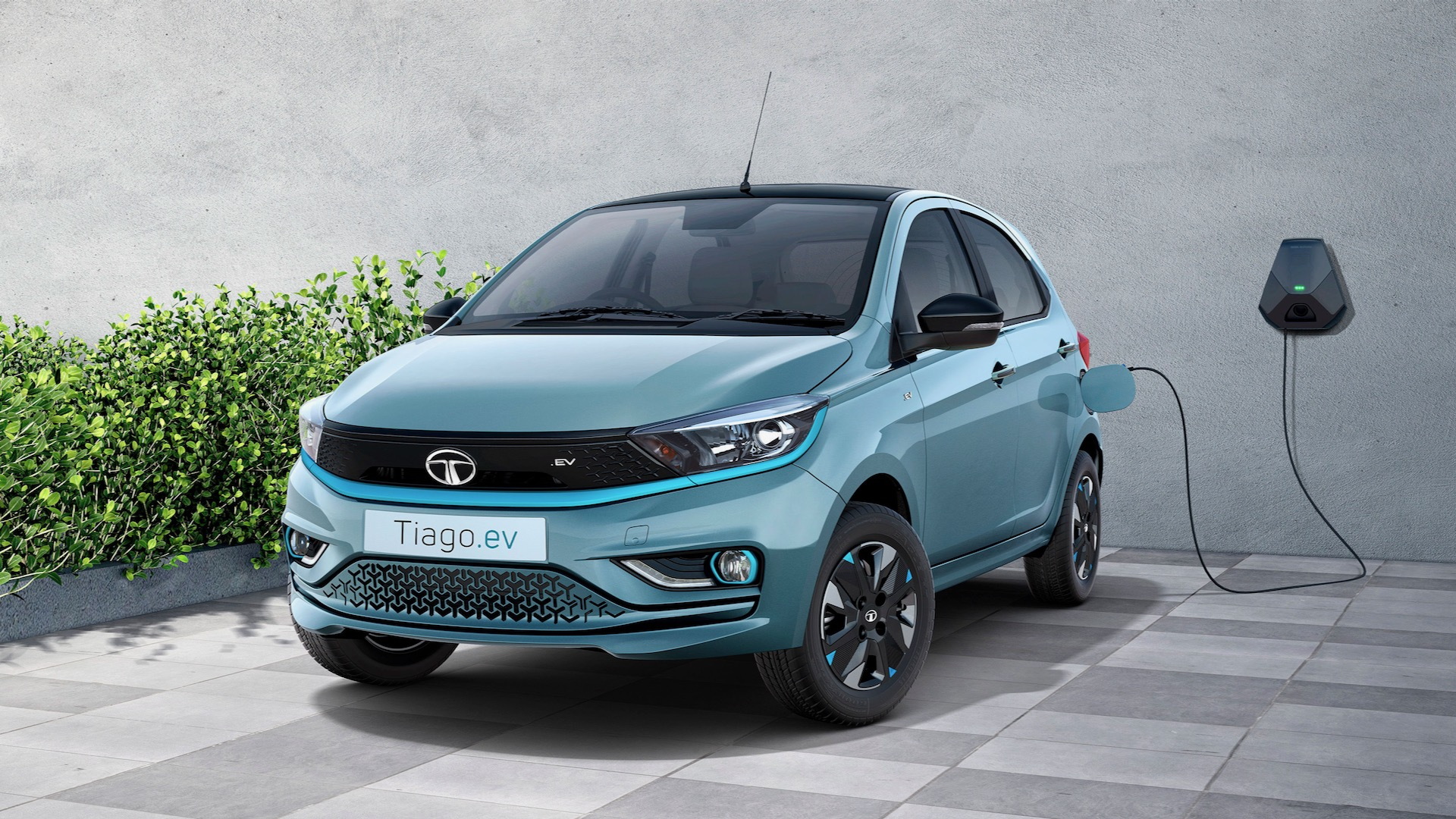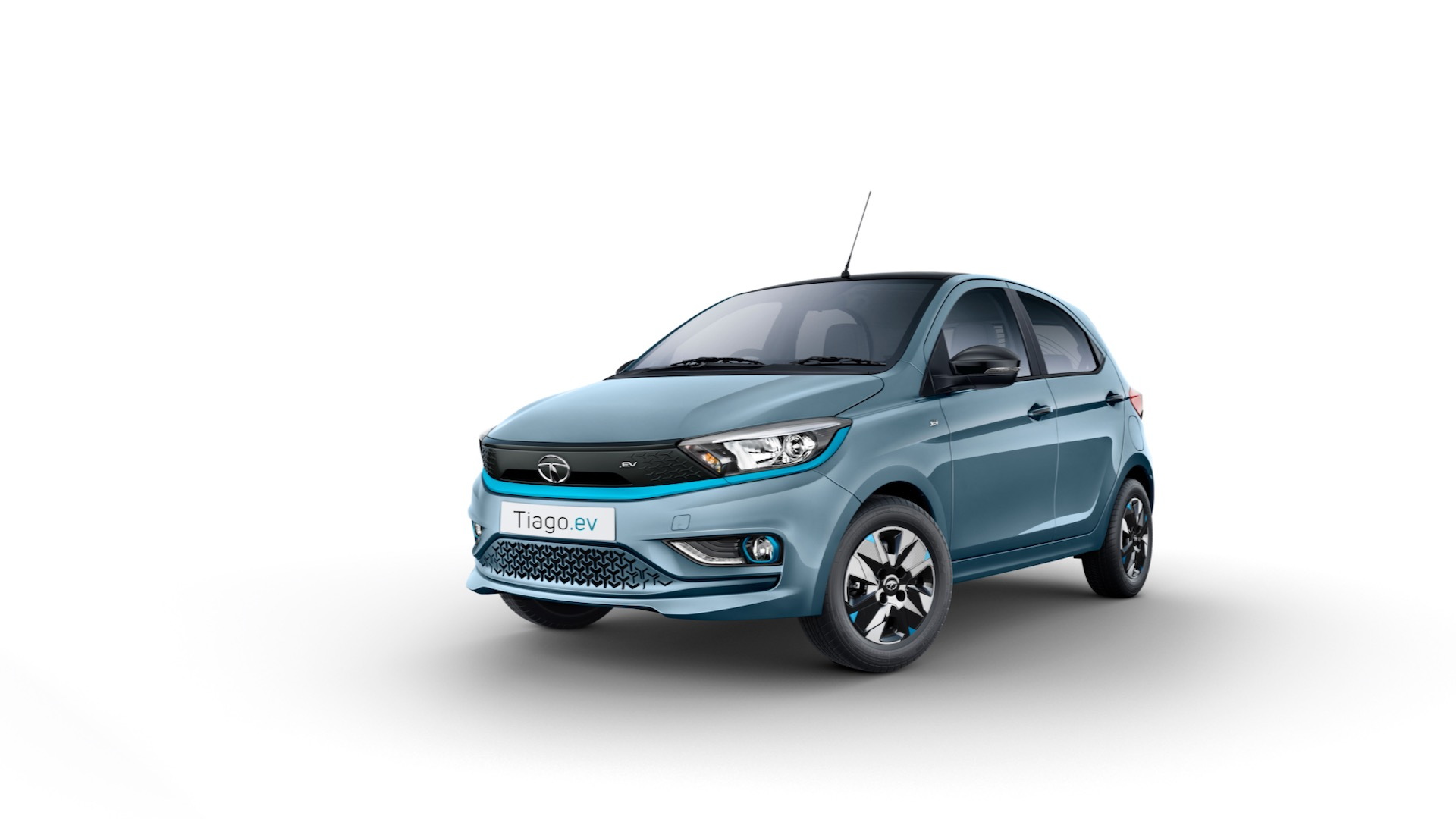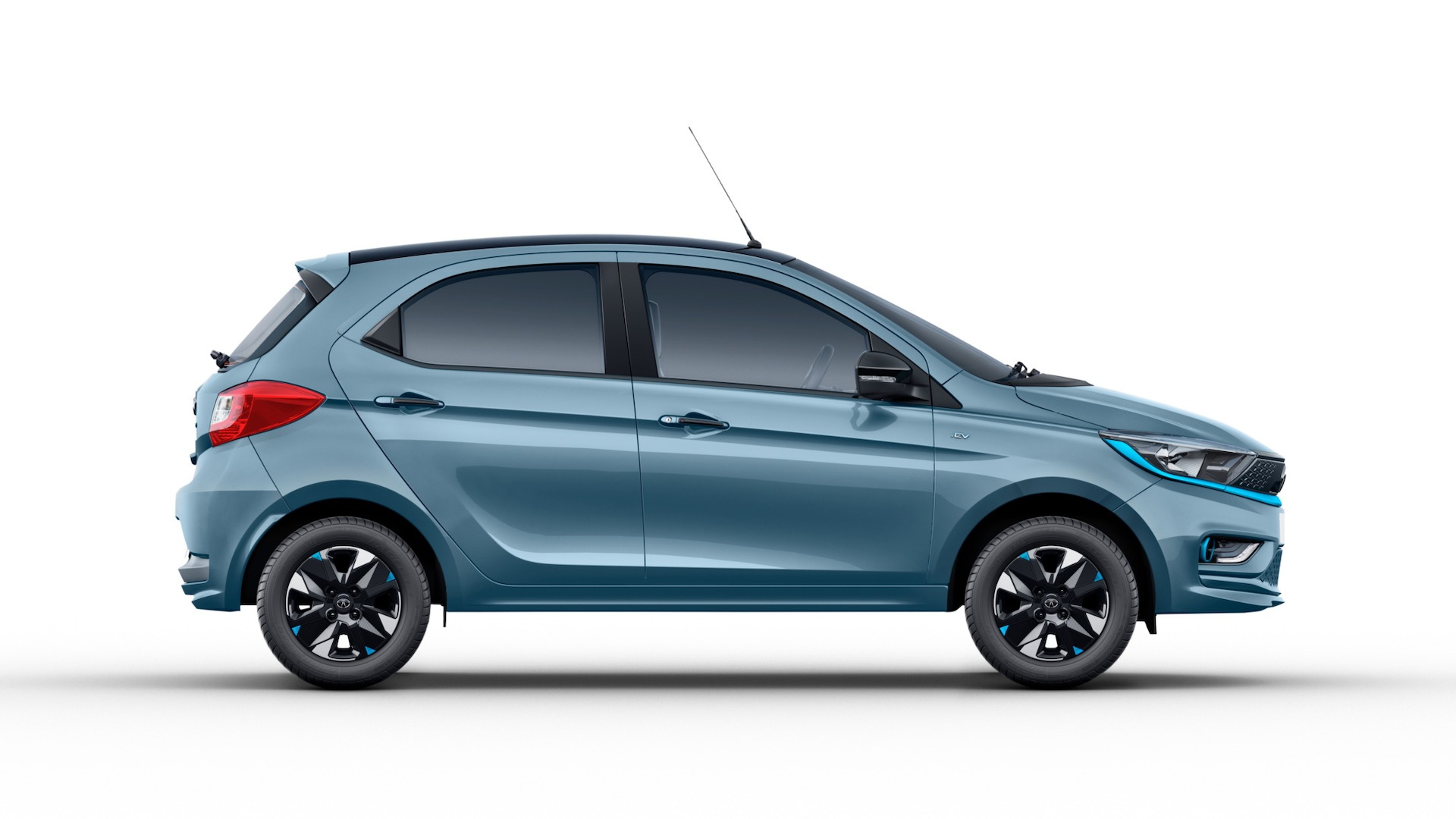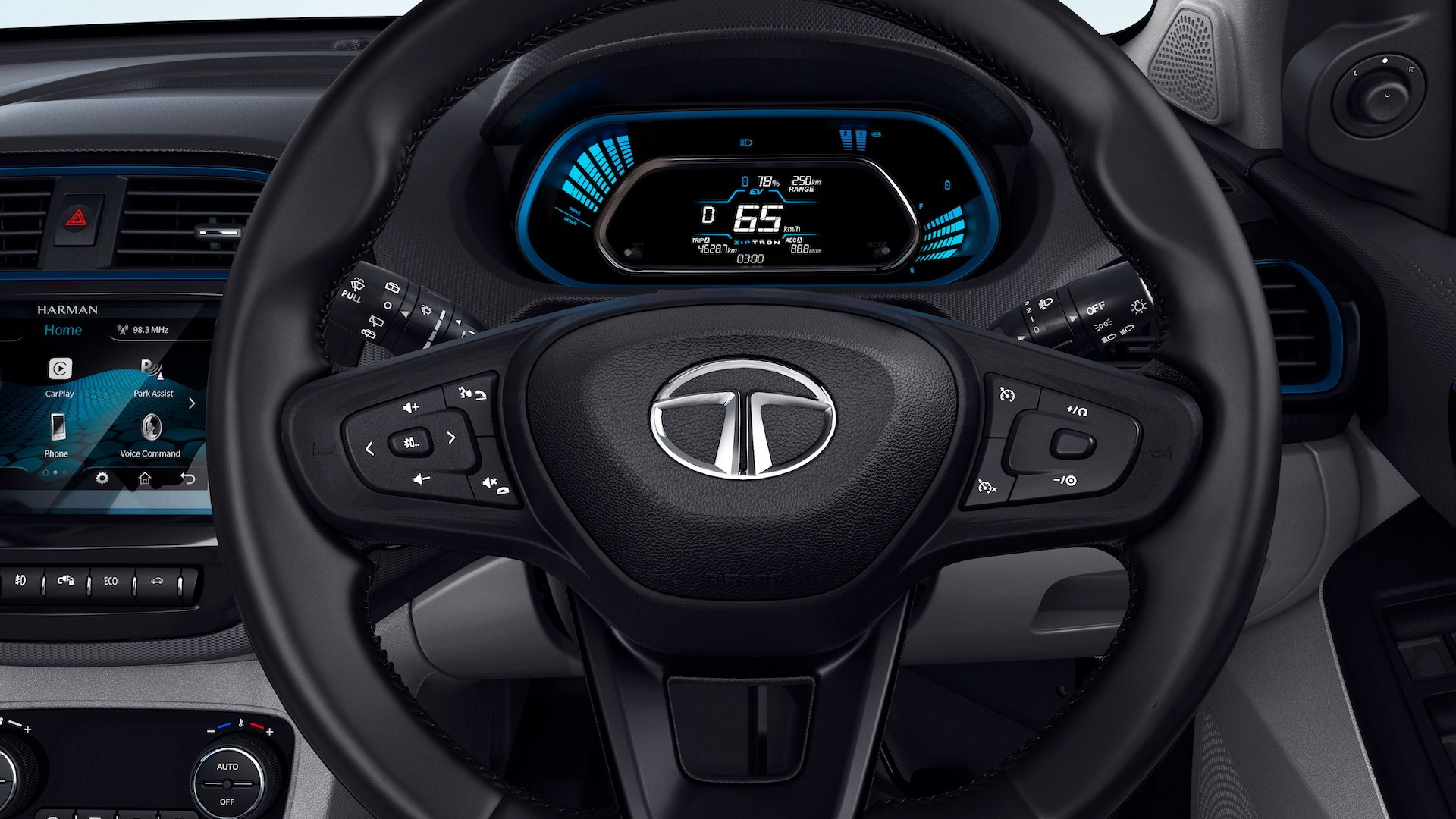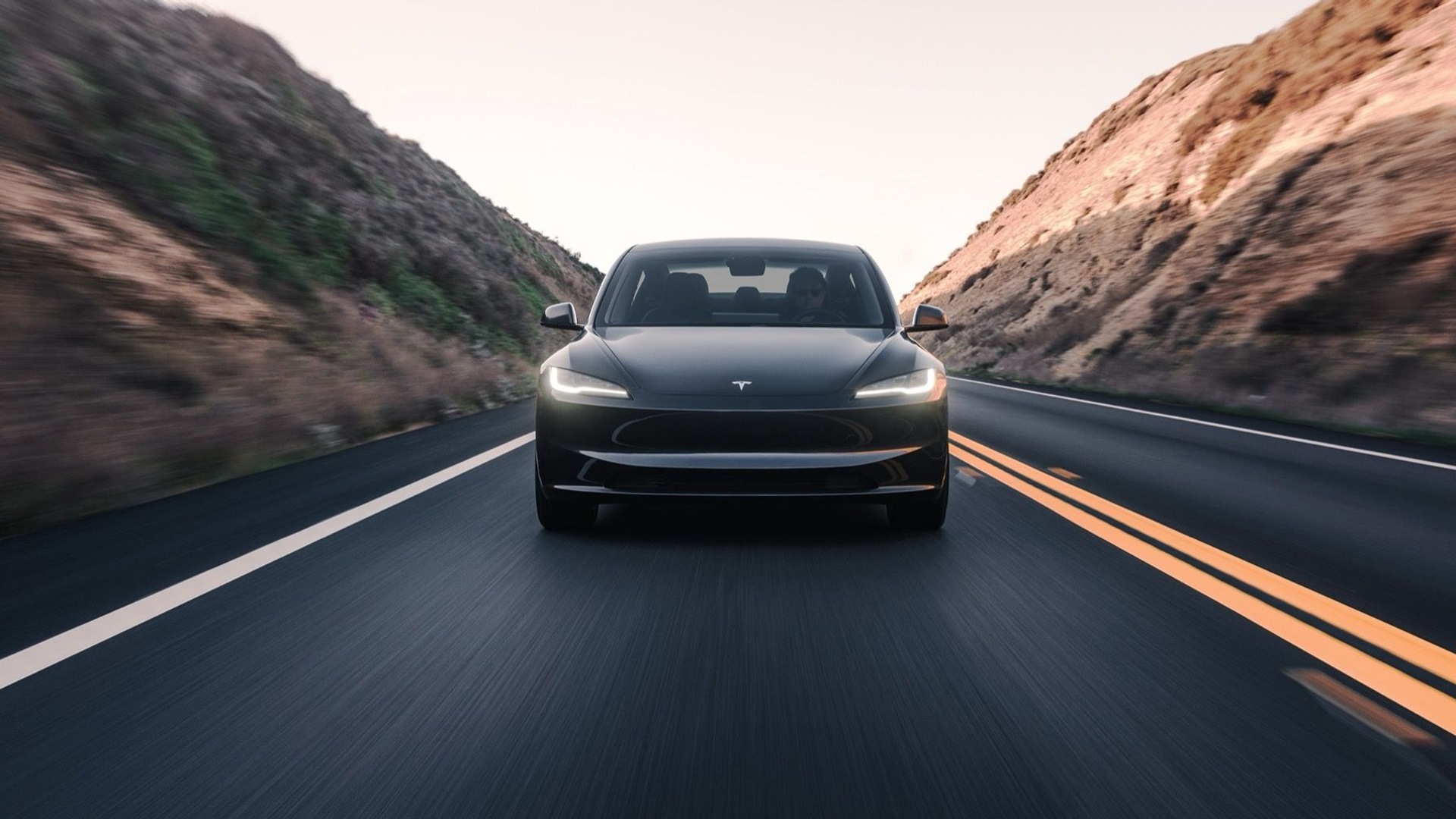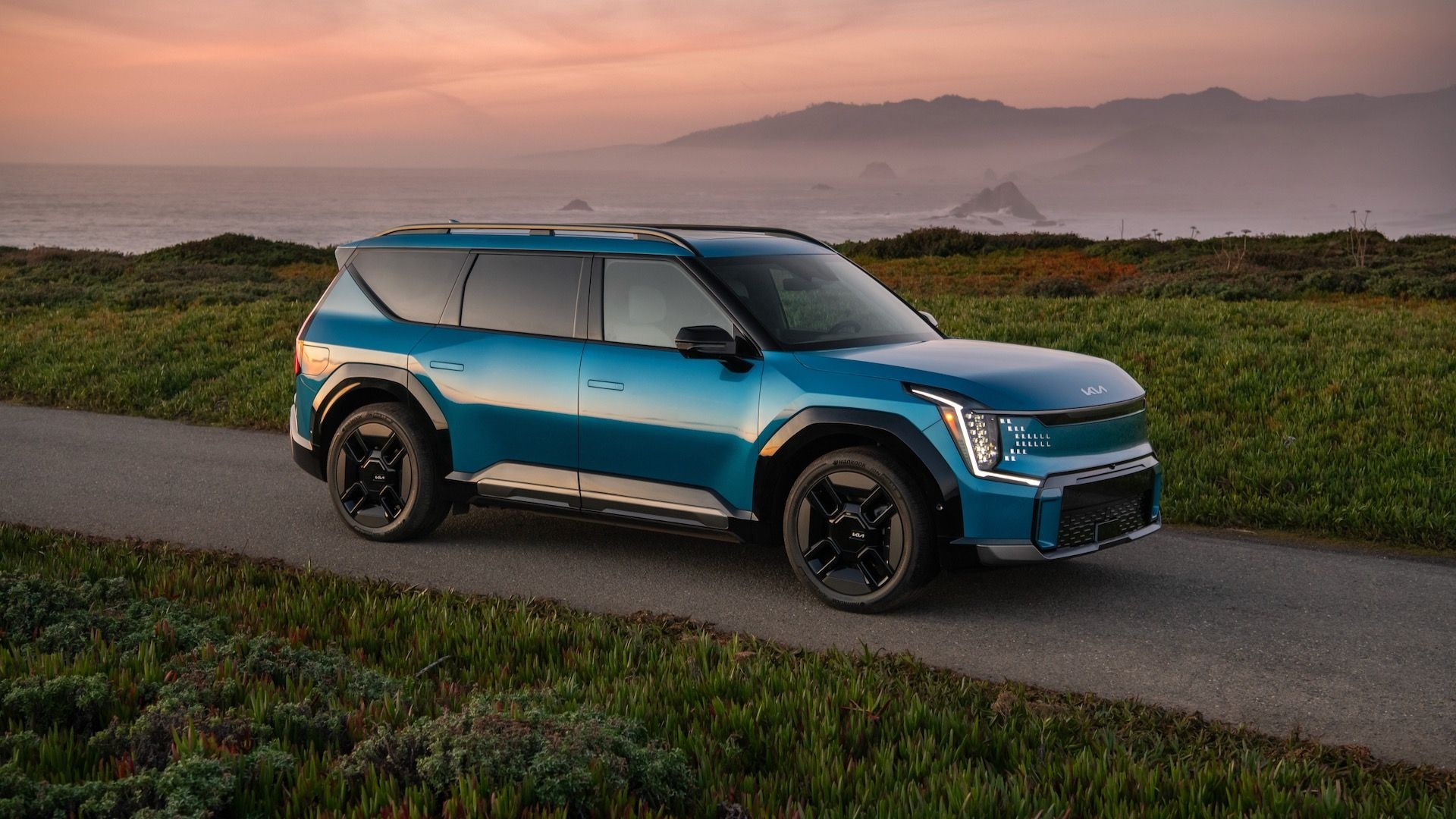Indian automaker Tata Motors on Wednesday announced an electric car that will sell for the equivalent of $10,000 in its home market.
Scheduled to start deliveries in January 2023, the Tata Tiago.ev is an electric version of the automaker's Tiago hatchback that will start at 849,000 rupees, or $10,370 at current exchange rates, although Tata said in a press release that this is introductory pricing that will only apply to the first 10,000 customers. Of that total, 2,000 build slots are reserved for current owners of the Tata Nexon EV and Tigor EV.
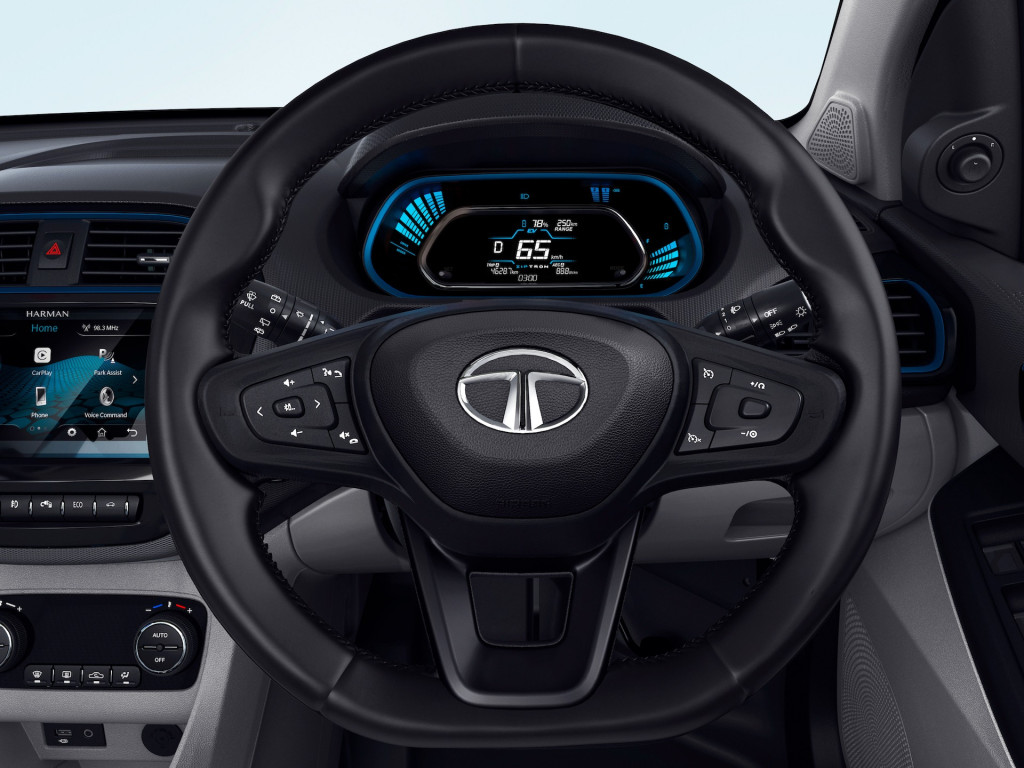
Tata Tiago.ev
Still, the Tiago EV is noteworthy even in a market dominated by low-priced cars. India is the world's fourth-largest car market, but most cars sold there are priced under $15,000, Reuters notes, adding that the Tiago.ev is much cheaper than India's next-cheapest EV—the Tata Tigor EV (also based on an existing internal-combustion model), which starts at approximately $14,940.
Granted, the low price doesn't buy much in the way of performance. The so-called medium-range base version has a 19.2-kwh liquid-cooled battery pack and a single electric motor producing 60 hp and 81 lb-ft of torque, enabling 0-37 mph in 6.2 seconds, according to Tata. A long-range version gets a 24-kwh pack and ups output to 73 hp and 84 lb-ft, allowing for 0-37 mph in a claimed 5.7 seconds.
Tata estimates 155 miles (250 km) of range for the smaller pack and 196 miles (315 km) for the larger pack, both based on India's extremely optimistic ARAI testing cycle. DC fast charging is available, but at a maximum 50 kw it takes 57 minutes to go from a 10% to 80% charge. The Tiago.ev appears to borrow an electrical architecture, dubbed Ziptron, from the Nexon EV Tata introduced in 2019.
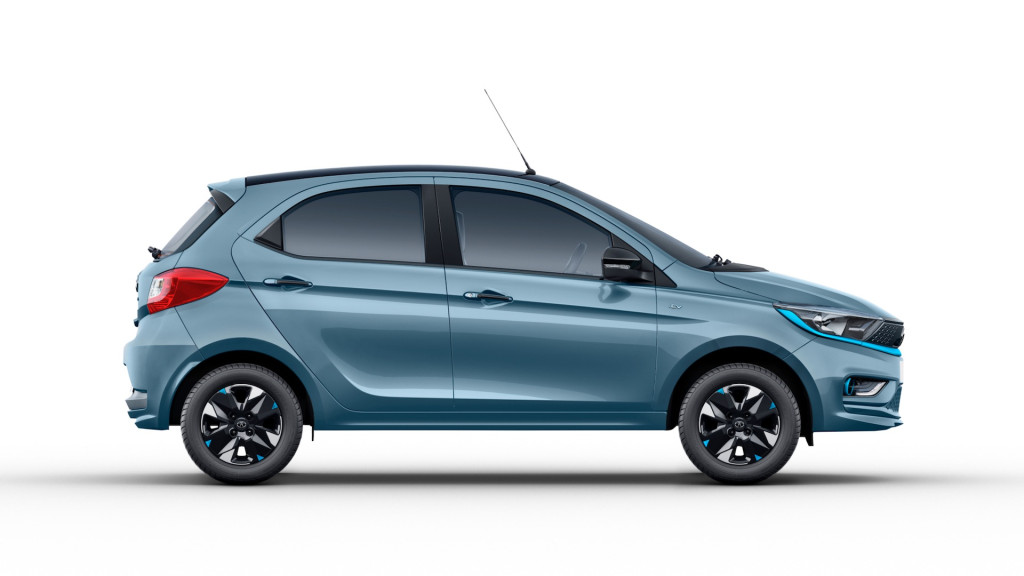
Tata Tiago.ev
The automaker's interest in zero-emission vehicles goes beyond battery-electric cars. Tata has also built the Tata Magic Iris Ziva, still likely the smallest hydrogen fuel-cell car in production. It once also planned to make air-powered cars, with a potential launch for Hawaii that never happened.
Tata owns Jaguar Land Rover, and it may have access to some of the technology braintrust that went into development of the Jaguar I-Pace and other future EVs.
Another significant market for ultra-cheap EVs is China. Geely also has affordable EVs in its sights for that market with its Geometry brand, and some Chinese EVs already start as low as 32,800 yuan, equivalent to $4,525, according to Reuters.
